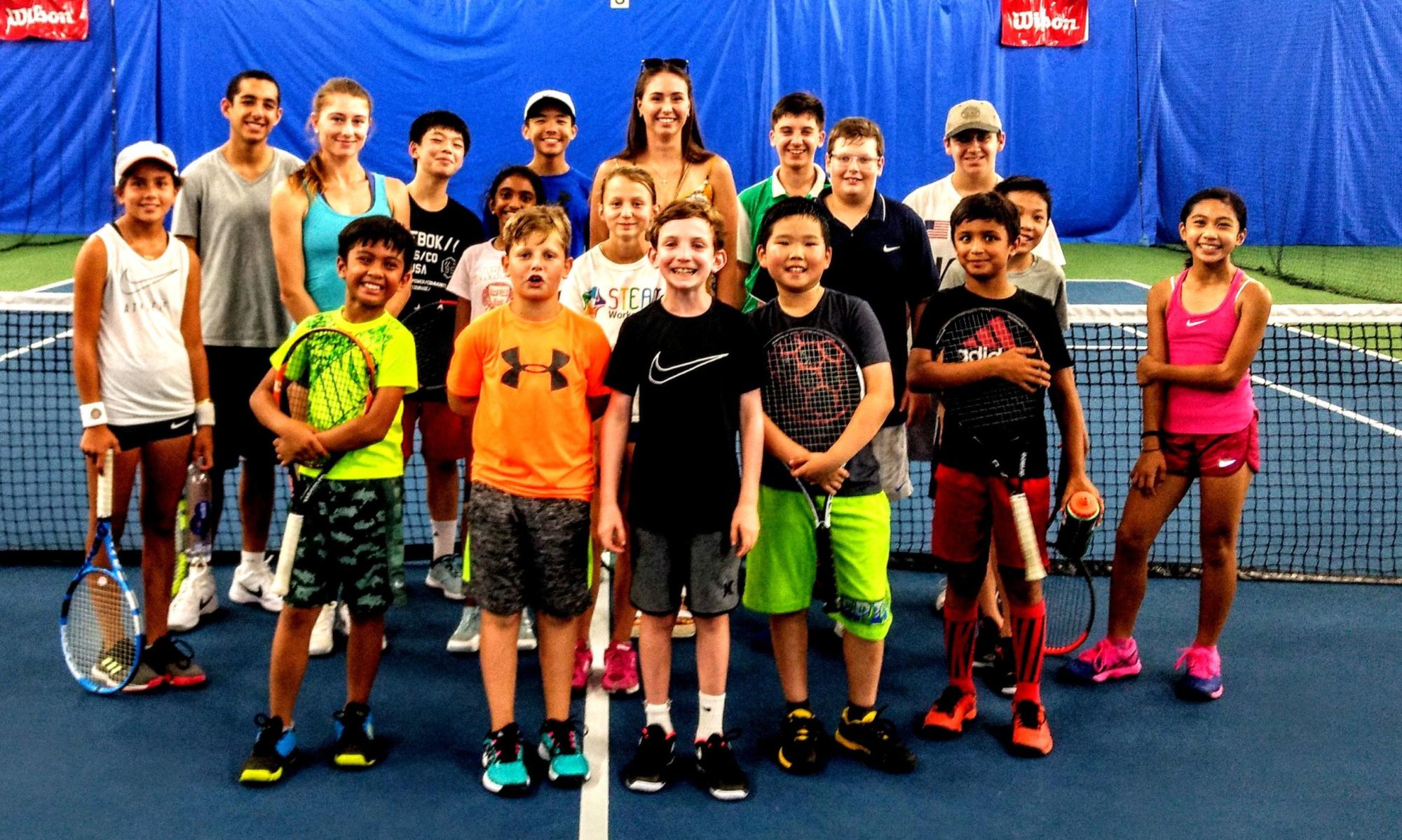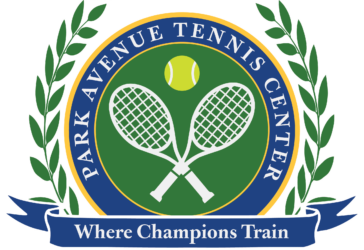"to derive maximum benefit when taking a tennis lesson you should follow these three guidelines below."
1. Don't compare yourself to others
2. Don't force what you are learning into match play.
3. Develop a simple training plan each week in addition to your lesson.
1. DON'T COMPARE YOURSELF TO OTHERS
Players are often not aware that when they compare themselves to other players they are not comparing apples to apples! All players have their own special mental and physical attributes. For instance, many players have told me they began playing tennis with another player at the same time, but that player is catching on faster. They do not take into account a number of different variables. The player who was learning faster could have played tennis at a young age and began again at an older age. That player also could have played other sports at a young age and developed an excellent foundation for tennis skills. Or that player could be a fast learner in the beginning and pass you, but in the long run you pass them!
Rafael Nadal, in the May 2005 issue of Sports Illustrated, says, "People ask, 'Who did you model your game after?'" He adds, "I never thought like that. I just played the way I was comfortable playing."
The bottom line - learn at your own pace, develop your own style and your own "feel" of spontaneous play, and have fun. Never compare yourself to others. Too many variables block any chance of even making a correct analysis. If you are discouraged get back on the court, keep practicing, keep your mind clear of all comparisons and stay focused on YOUR game!
2. DON'T FORCE LEARNING
One huge hurdle to overcome is to not force what you are learning in practice into match play. That is one of the main reasons that too much technical information does not work. You are taking weekly lessons and attempting to incorporate the techniques and mechanics into your match play. But when you play you find that is nearly impossible. Everything on the court just seems to be happening too fast! Well, cheer up, it really is impossible! No player under match pressure can consciously perform all the mechanics and techniques he has just been taught.
The best approach is to keep practicing until the mechanics you are learning become spontaneous and automatic. They will then show up in your match play. There is no need to force this process. In your matches you can practice a technique here and there and apply some simple general information, but the majority of what you are learning must first be rooted in your subconscious as you develop a "feel." If you are not able to apply what you are learning, this means one thing... not enough repetition yet!
3. DEVELOP A SIMPLE WEEKLY TRAINING PLAN
Here is where the majority of players fall short: NO CONSISTENT WEEKLY TRAINING PLAN, other than a lesson or some match play. You must develop a consistent but simple, week by week training plan in which you hit tennis balls on a ball machine, against a wall, or with a practice partner who is willing to be a slave driver!
You do not even need that much practice per week to achieve excellent results. Let's say you would like to improve your forehand and your volleys. If you have a minimum of one hour a week you could hit 150 to 300 forehands, and maybe 15 to 30 minutes of volleys. You could also sprinkle in some of the other shots like backhands or overheads, but your main focus and the most repetition would be on your forehand and volleys. This would significantly separate you from the pack. But you MUST continue week after week for months and months, not just practice for a few weeks and quit. You must make a commitment! This is the commitment that pros make that ultimately separates them from everyone else. Year after year they practice more than everyone else! Did you think it was just talent that makes pros the best in the world?
Tennis lessons can make a tremendous difference if you are willing to think correctly about your game (no comparisons), understand how you learn (do not force new techniques), and are willing to practice weekly (make a commitment).
Tom Veneziano

